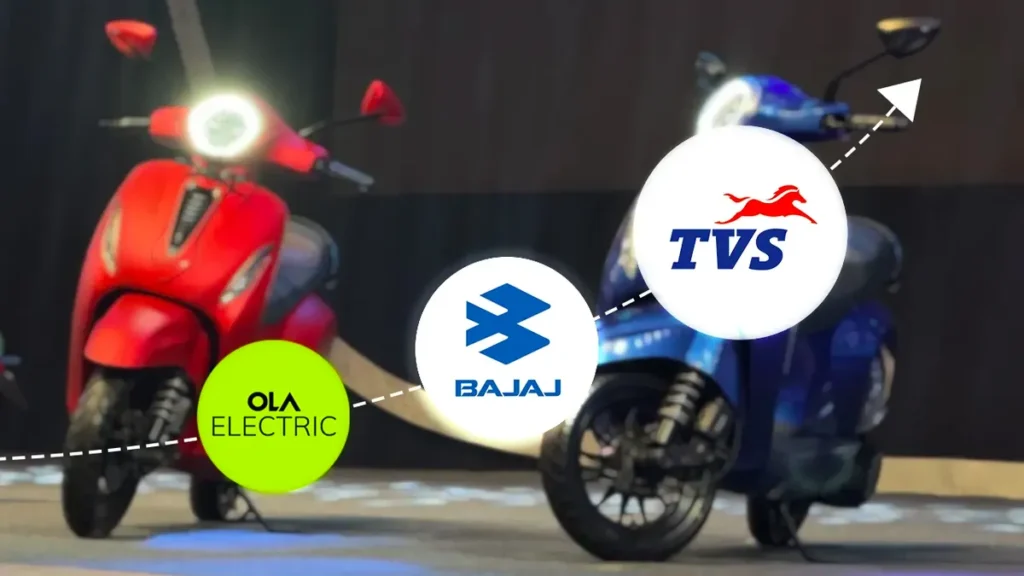Now Reading: Japan’s ispace Faces Setback as Resilience Lander Crashes on Moon
-
01
Japan’s ispace Faces Setback as Resilience Lander Crashes on Moon
Japan’s ispace Faces Setback as Resilience Lander Crashes on Moon

Japan’s private space company ispace suffered a major blow after its Resilience lunar lander crashed during its recent attempt to land on the moon. The ambitious mission, aimed at advancing commercial lunar exploration, ended prematurely, marking a setback for Japan’s growing space ambitions. This failure highlights the challenges private firms face in the competitive global space race, with implications for emerging tech sectors in Tier 2 cities across India seeking inspiration from such ventures.
Mission Goals and Expectations
The Resilience lander was designed to demonstrate new lunar technologies and deliver payloads to the moon’s surface, including scientific instruments and commercial equipment. It was also part of ispace’s plan to support future moon exploration and resource utilisation.
Japan, along with other nations, sees the moon as a strategic frontier for scientific discovery and commercial opportunities. The country’s space ambitions have raised hopes of becoming a key player alongside the US, China, and Europe.
What Went Wrong
The lander lost communication shortly before touchdown, and subsequent analysis revealed a hard landing that destroyed the vehicle. Initial investigations point to possible navigation or propulsion issues during the descent phase.
Failures like these are not uncommon in space missions globally, underscoring the extreme technical challenges involved in lunar landings. However, each setback is a learning opportunity that can pave the way for future success.
Impact on Japan’s Space Industry
The crash is a setback for ispace’s goal to commercialise lunar exploration but has not dampened the country’s long-term space strategy. Japanese government agencies and private players remain committed to further lunar missions planned in the coming years.
The incident also serves as a reminder for emerging private space firms worldwide to build robust technology and testing frameworks, a lesson relevant to India’s growing private space startups in Tier 2 cities like Bengaluru and Hyderabad.
Relevance for Indian Innovation Hubs
India’s space sector has witnessed rapid growth with private firms entering the domain, backed by government reforms encouraging innovation. While India’s moon missions have largely been government-led, private players are gradually making their mark.
Challenges faced by ispace highlight the importance of sustained investment in research and development, infrastructure, and skilled manpower. Tier 2 cities with emerging technology parks and educational institutions can play a vital role in nurturing such expertise.
Conclusion
While ispace’s Resilience lander crash is a disappointment, it reflects the inherent risks of pioneering space exploration. For Japan and the global space community, the experience will fuel improvements in technology and mission planning. For India, especially its aspiring tech centers beyond metro hubs, such events underscore the value of resilience and innovation as the nation strengthens its own space capabilities.

























